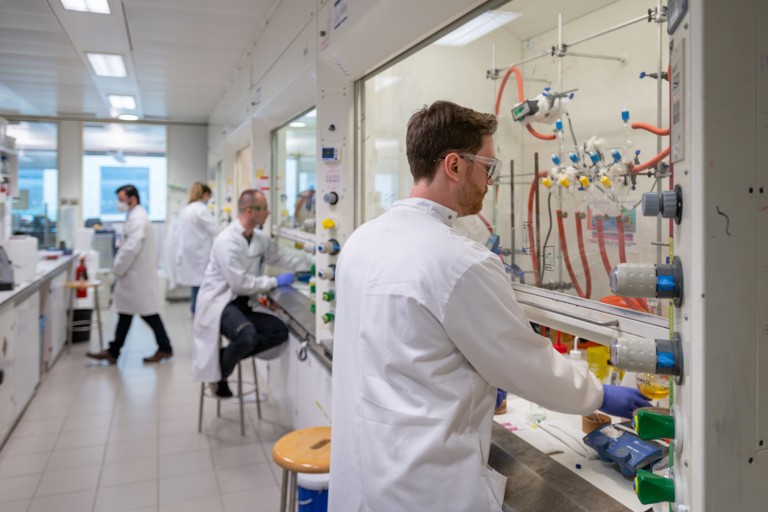Technology & Innovation
Oxford Researchers Develop Biodegradable Batteries for a Sustainable Future
Scientists at Oxford University have unveiled a prototype for biodegradable batteries made from plant-based materials, promising a breakthrough in green energy storage.
By Thomas Reed | 23 September 2025, 09:28

A team of researchers at the University of Oxford has unveiled a prototype for a fully biodegradable battery, potentially marking a breakthrough in the quest for sustainable energy storage. Developed using cellulose and organic compounds derived from plants, the new battery design eliminates the use of rare metals and toxic chemicals typically found in conventional lithium-ion batteries.
The project, which is part of a broader initiative on green electronics at Oxford’s Department of Materials Science, aims to reduce the environmental impact of discarded electronic devices. According to lead researcher Dr. Priya Chandran, over 50 million tonnes of e-waste are generated globally each year, much of it from batteries that leach heavy metals into the soil and water systems.
Unlike traditional batteries, which can take hundreds of years to break down, the Oxford prototype begins degrading within six months when exposed to natural elements. The materials used are non-toxic and sourced from renewable agricultural byproducts, making the entire production process both eco-friendly and economically scalable.
In early tests, the biodegradable battery demonstrated comparable energy density to commercial low-power alternatives such as coin cells and remote control batteries. While not yet suitable for high-performance applications, researchers believe the technology could soon be adopted in areas such as medical sensors, wearable devices, and short-lifecycle electronics.
The innovation has drawn attention from both environmental groups and the tech industry. A number of UK-based startups have already expressed interest in licensing the technology, and the team has secured £1.8 million in grant funding to expand testing and explore potential partnerships with sustainable manufacturers.
Dr. Chandran cautions that widespread adoption will depend on regulatory approval and market readiness but remains optimistic. “This is not just about creating a better battery,” she said. “It’s about rethinking our approach to electronics and designing systems that work in harmony with the planet rather than against it.”